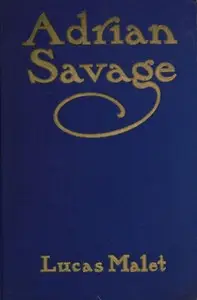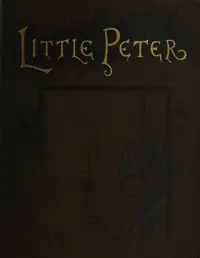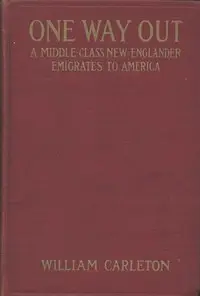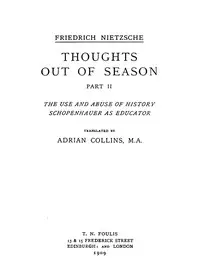"The Gateless Barrier" by Lucas Malet is a novel written in the late 19th century. The story revolves around Laurence Rivers, a young man who is navigating the complexities of life, love, and societal expectations as he travels to England to visit his ailing uncle. As he confronts the dualities of his existence—his successful yet superficial marriage and the intellectual pursuits that beckon him—Laurence grapples with profound questions about identity, purpose, and the human condition. The opening of the novel captures Laurence's inner turmoil as he embarks on a solitary voyage, which provides him with a sense of freedom that he has not experienced since his marriage. The narrative introduces a contrast between the vibrant, bustling life he leads in society and the deeper introspections that the sea brings forth. Upon arriving at his uncle's estate, Stoke Rivers, Laurence discovers not only the oppressive atmosphere of the house but also hears unsettling tales about it, setting the stage for the exploration of supernatural elements and moral questions he will encounter. Through his interactions with his enigmatic uncle, who is both intellectually stimulating and critical, Laurence is drawn into a web of existential inquiries that may change the course of his life. (This is an automatically generated summary.)

The Gateless Barrier
By Lucas Malet
"The Gateless Barrier" by Lucas Malet is a novel written in the late 19th century. The story revolves around Laurence Rivers, a young man who is navig...
Lucas Malet was the pseudonym of Mary St Leger Kingsley, a Victorian novelist. Of her novels, The Wages of Sin (1891) and The History of Sir Richard Calmady (1901) were especially popular. Malet scholar Talia Schaffer notes that she was "widely regarded as one of the premier writers of fiction in the English-speaking world" at the height of her career, but her reputation declined by the end of her life and today she is rarely read or studied. At the height of her popularity she was "compared favorably to Thomas Hardy, and Henry James, with sales rivaling Rudyard Kipling." Malet's fin de siecle novels offer "detailed, sensitive investigations of the psychology of masochism, perverse desires, unconventional gender roles, and the body."












